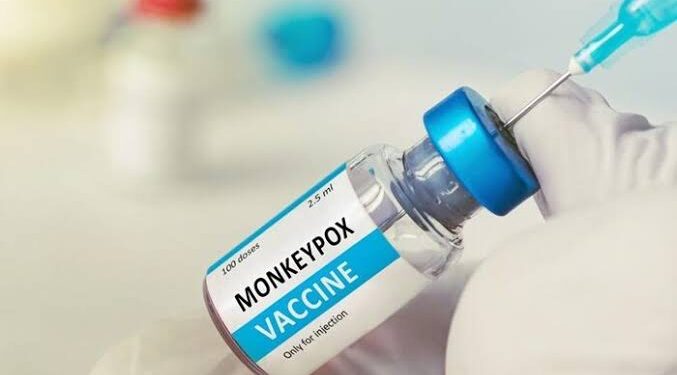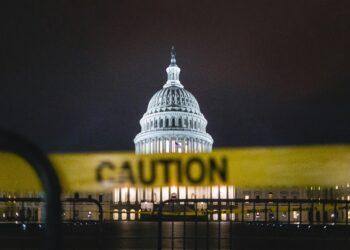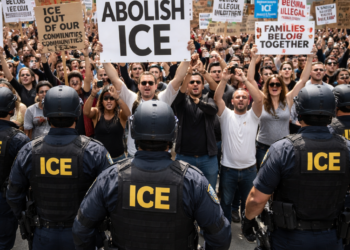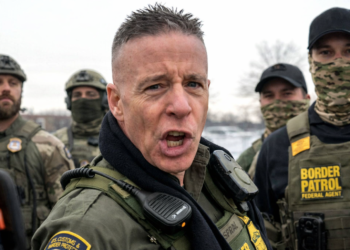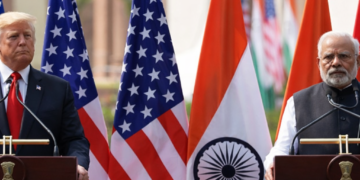As the mpox outbreak spirals out of control in the Democratic Republic of Congo (DRC) and its neighboring nations, the promised vaccines might still be months away. Meanwhile, the World Health Organization (WHO) is on the brink of following the Africa Centres for Disease Control and Prevention (Africa CDC) in declaring this crisis an emergency. But let’s face it, while declarations make for great headlines, they often don’t translate into immediate action.
On Tuesday, the Africa CDC made a historic move by declaring a public health emergency of continental concern. A day later, a WHO-led panel will deliberate whether this situation warrants global emergency status. But before you get too excited, remember: this might not mean a speedy response.
What They Are saying
The current obstacles are as daunting as they are predictable: insufficient vaccine supply, lack of funds, and a couple of other competing disease outbreaks. “It is important to declare an emergency because the disease is spreading,” said Jean-Jacques Muyembe-Tamfum, the head of Congo’s Institut National pour la Recherche Biomedicale (INRB). He hopes such declarations will unlock more funding for surveillance and enhance access to vaccines in Congo. However, even he admits that in a country already struggling with conflict and disease outbreaks like measles and cholera, such declarations may end up being nothing more than empty promises.
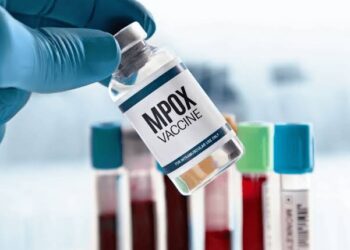
“If the big declarations remain just words, it won’t make any material difference,” warned Emmanuel Nakoune, an mpox expert at the Institut Pasteur de Bangui in the Central African Republic. His skepticism reflects a grim reality: talk does not equal action, and Congo’s health infrastructure is stretched thin.
Why It Matters
The Africa CDC recently secured $10.4 million in emergency funding from the African Union to combat mpox. According to Africa CDC Director-General Jean Kaseya, there’s a plan to secure 3 million doses of vaccine this year. Yet, the details are vague, and practicalities are even more vague. Sources involved in the vaccination roll-out in Congo suggest that only 65,000 doses might be available in the short term, with vaccination campaigns unlikely to kick off before October.
So far, Africa has reported over 15,000 suspected mpox cases this year, resulting in 461 deaths, predominantly among children in Congo. This virus, while typically mild, can be fatal, causing flu-like symptoms and painful lesions.
The outbreak isn’t confined to Congo alone. A new strain has caused havoc in refugee camps in eastern Congo and has spread to Uganda, Burundi, Rwanda, and Kenya. Ivory Coast and South Africa are also grappling with outbreaks linked to a different strain of the virus, one that surged globally in 2022 and primarily affected men who have sex with men. This prompted a global emergency declaration by the WHO, though that crisis was declared over within ten months.
During the 2022 global emergency, two vaccines—Bavarian Nordic’s Jynneos and KM Biologics’ LC16, were used. Neither vaccine has been available in Congo or across Africa outside clinical trials, although LC16 is approved for use in children. Congo’s regulators greenlit domestic use of these vaccines in June. However, the government has yet to formally request any doses from manufacturers or international donors like the United States and Gavi, the global vaccine alliance.
Bottom Line
While the world’s health authorities struggle over the semantics of emergency declarations, the people of Congo and its neighbors continue to suffer. The real question is, Will the promises translate into practical help anytime soon, or will they remain as vague as they often are?

